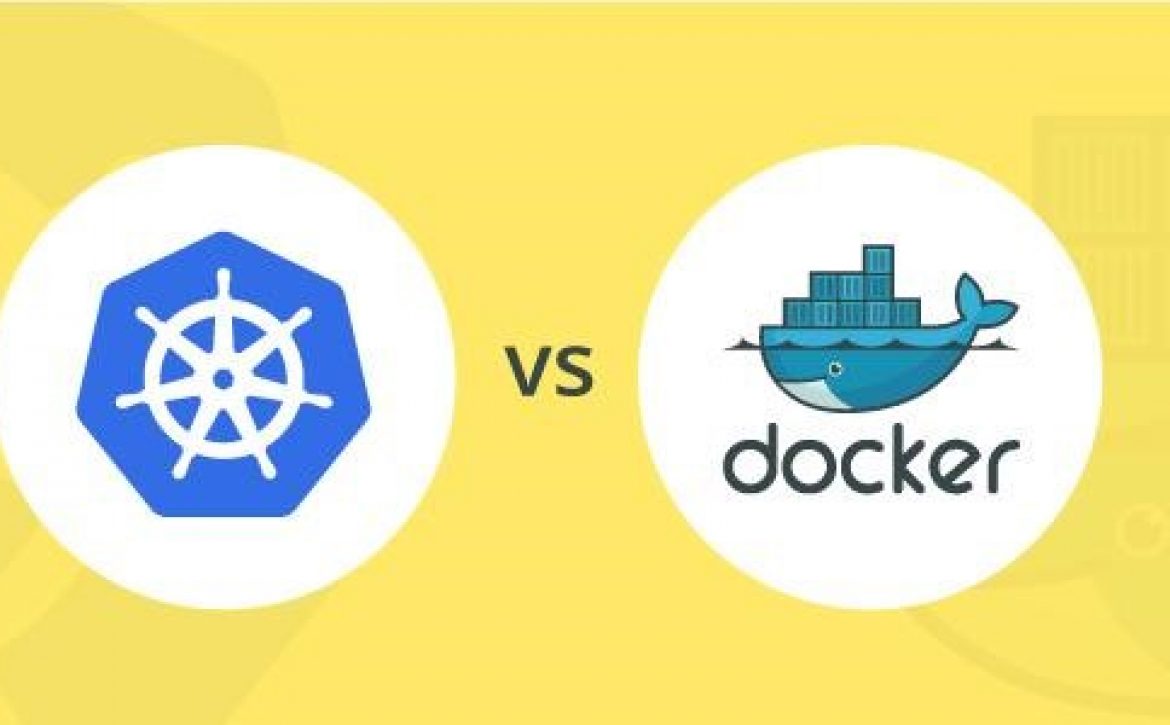Kubernetes vs. Docker Swarm: How to Choose? | A Complete Breakdown
Containerization is growing and evolving rapidly, and when it comes to container orchestration, the two names that come to mind are Kubernetes and Docker Swarm. Both Kubernetes and Docker Swarm are open-source technologies that offer container orchestration.
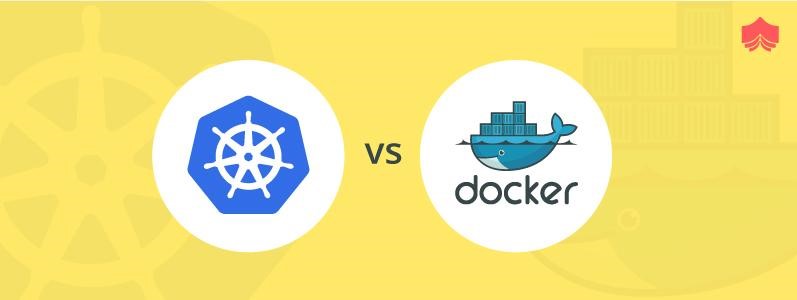
Although both the systems are not rivals, Kubernetes vs. Docker has been a long-debated battle. So, let’s do a deep dive into these applications.
Kubernetes
Kubernetes is an open-source application that provides automation, deployment, management, and scaling of a containerized application. It is widely used for massive-scale productions and for running heavy workloads.
Docker Swarm
Docker Swarm is the orchestration of Docker’s container. Docker swarm uses the Docker API, which makes it is easy to use and less complicated. It features a zero single-point-of-failure architecture, with automatically generated certificates and backward compatibility.
Kubernetes vs Docker Swarm
Kubernetes and Docker Swarm, both are orchestration tools that offer similar functionality. However, there are some basic differences between the operation and functionality of two systems, as discussed below.
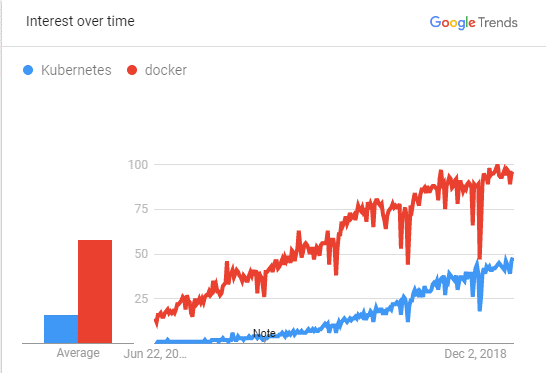
Installation and Set-Up
The installation process in Kubernetes is manual and requires expertise and planning to make it ready to use. Moreover, different operating systems have different installation processes. If you want to use Kubernetes, you need to be acquainted with cluster configuration beforehand.
On the other hand, Docker is simple to install and set up. For Docker, you need to learn one set of tools to configure and build an environment. Moreover, Docker Swarm provides flexibility with regards to nodes by allowing a new node to join a cluster as a worker or manager.
Application Deployment
In Kubernetes, you can develop an application using a combination of deployments, services, micro-services, or pods.
On the other hand, google Kubernetes vs. docker swarm indicates that in Docker Swarm, you can deploy applications as services in a Swarm cluster. You can also use Docker Compose to deploy an app, and if you want to specify a multi-container, you can use the YAML files.
Monitoring and Logging
If the servers are deployed within the cluster, Kubernetes will support multiple monitoring and logging versions like Heapster/Grafana/ Influx, Elasticsearch/Kibana (ELK), and Sysdig.
Talking about how Kubernetes is different from docker swarm, Docker Swarm supports monitoring only with third-party applications. Docker Swarm features an open API, which makes third-party integration easy. If you want to monitor using Docker Swarm, use Reimann.
Working
If you want to run Kubernetes, you need to know CLI (Command Line Interface). If you want to run Kubernetes on top of Docker, you will need to know Docker CLI as well.
As far as Kubernetes vs. Docker is concerned, Docker Swarm is a tool of Docker, which requires the same language for navigation within the structure. This easy functionality makes Docker easier to use compared to Kubernetes.
Scalability
Scalability is a vital factor to consider while choosing the best container orchestration system. Kubernetes is an all-in-one framework, which makes it rather complicated to use. It offers a set of APIs and a robust cluster state, which reduces the process of deployment and scaling of the containers.
Talking about google Kubernetes vs. docker swarm, Docker Swarm can deploy containers in comparatively faster, which promotes the reaction times to provide seamless on-demand scalability.
Availability
All the pods in Kubernetes are distributed among various nodes, which tolerate application failure and provide high availability. Kubernetes features load-balancing services that detect and remove unhealthy pods, which ensures high availability.
Evaluating Kubernetes vs. Docker, Docker Swarm provides high availability as well; Swarm nodes can be utilized to replicate the services. Docker Swarm features Swarm manager nodes that are responsible for managing the cluster and resources of worker nodes.
Networking
Kubernetes offers a flat network that allows all pods to communicate with each other. In Kubernetes, the model needs two CIDRs: one for IP address and the other one for services.
Talking about how Kubernetes different from docker swarm, Docker Swarm features a node joining a cluster that creates a network of services for all the hosts in the Swarm. Docker Swarm users also have the option of encrypting container data traffic while creating their overlay network.
Pros and Cons of Docker Swarm
Let’s discuss the pros and cons of Docker Swarm to get a better idea of google Kubernetes vs. docker swarm.
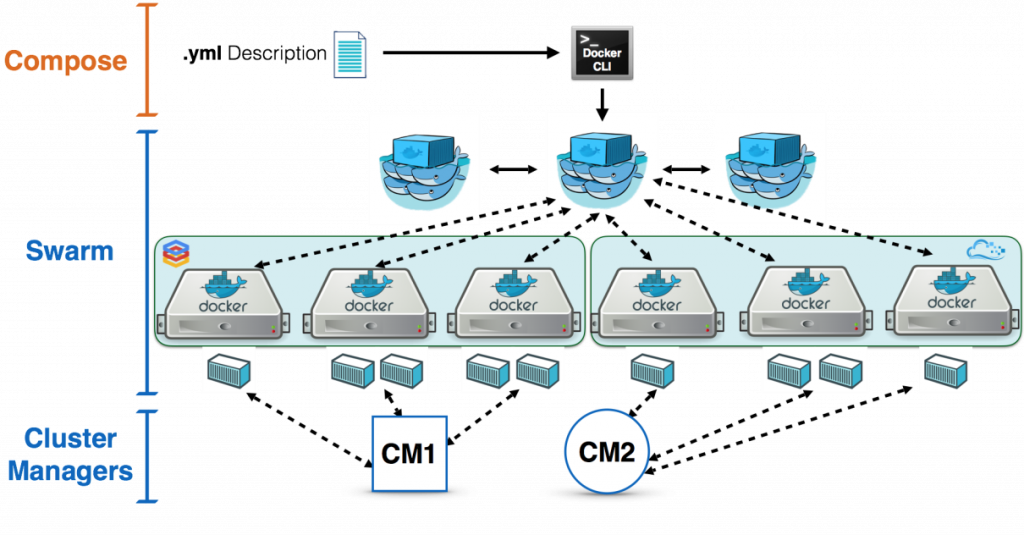
Pros
- Using a virtual environment usually takes a lot of time, but it is not the case with Docker Swarm.
- The documentation of Docker Swarm provides all the necessary information
- The configuration process is fast and simple.
- Your application remains isolated in Docker
- Docker also provides component reuse and version reuse.
Cons
- Docker is a Linux-dependent platform and requires virtual machines to run on another OS.
- It does not have a storage option.
- The monitoring process in Docker is not advanced.
Pros and Cons of Kubernetes
To understand the Kubernetes vs. Docker difference, let’s talk about the pros and cons of Kubernetes.
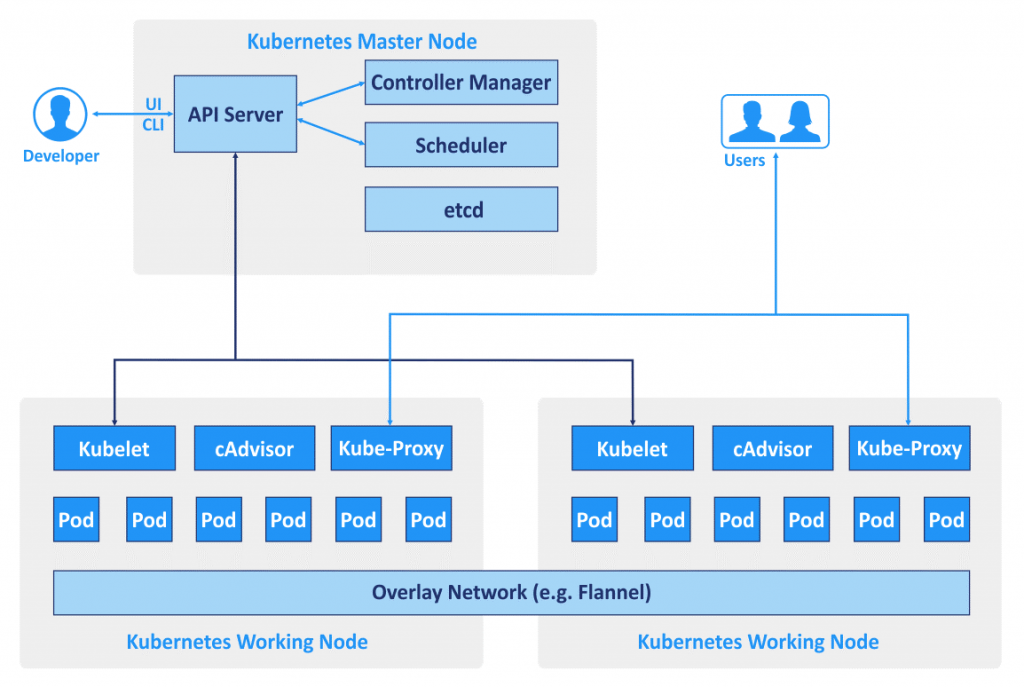
Pros
- In case of errors with multiple updates, you can roll back to the previous image.
- Kubernetes offers Horizontal Infrastructure Scaling, Auto-scaling, and Manual scaling, along with a Replication controller to ensure the cluster has an accurate number of pods in a running condition.
- Kubernetes monitors the health of containers and nodes and promotes the self-healing and auto-replacement of damaged nodes.
- Kubernetes allows the regular deployment of features without worrying about the downtime.
- In Kubernetes, data is divided across the containers, but if pods get damaged, the volume is removed automatically.
Cons
- The installation process is tormenting, and if you are not using a cloud provider, it would be more challenging.
- It is hard to set up, and creating a new process takes a lot of time.
- If your application is stateless or clustered, you have to work on the application configurations.
The Final Verdict
First and foremost, you need to understand that Kubernetes vs. Docker is not a battle, as both systems provide a separate set of functionalities. Evaluating Kubernetes vs. docker, the difference is simple: Kubernetes is difficult and complicated to use but provides additional functionalities, whereas, Docker Swarm is easy to use and setup but offers a limited set of features.
Therefore, if you are still confused about how is Kubernetes different from docker swarm, you can study google Kubernetes vs. docker swarm features to analyze which system suits your requirements.
Visit us today at GoodWorkLabs and learn more about us!


